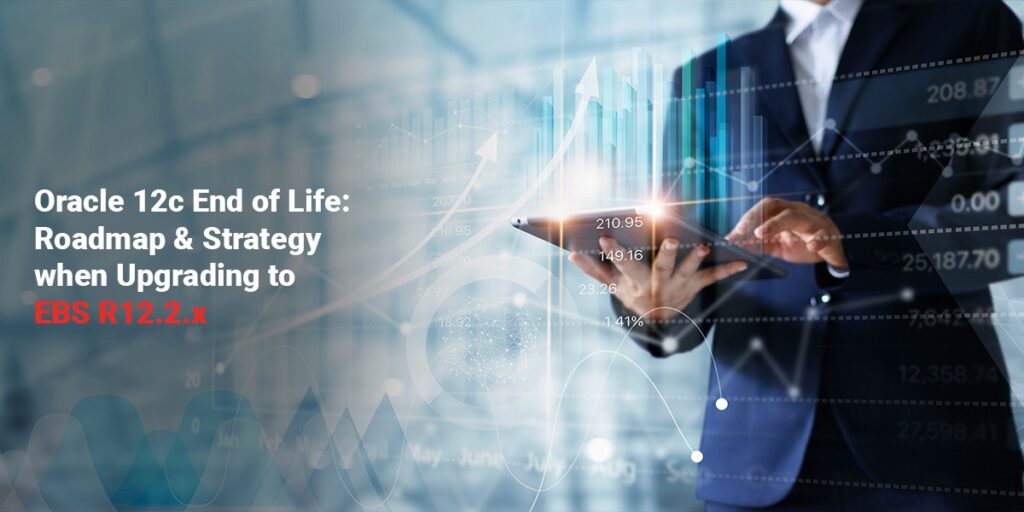Oracle is a relatable database management system (RDBMS) used by large organizations to manage large blocks of data and extract useful insights to improve their operations . Its comprehensive suite of data management tools, advanced analytics capabilities, cloud-based solutions, integration with other applications, and scalability makes it the ultimate solution for data management and analytics.
An oracle’s function is to store large data and provide insights for better decision making. In a business setting, it can be used to gather customer data and patterns, track sales and inventory and be used to making better decisions.

What is Oracle used for?
Oracle can be used in a wide range of conditions , including:
- Blockchain technology: In blockchain, oracle acts as a connection between the real world and the blockchain world, enabling smart contracts to access external data sources and execute operations based on that data.
- Financial services: It is used in financial services to provide up-to-date market data, automate processes allowing traders and financial analysts to make better and profitable decisions.
- Supply chain management: Oracle is used to track supply route, track supplies,manage and fulfill packages for smooth delivery of packages at their destination.
- Internet of Things (IoT): It can be used to collect data from IoT devices and feed it to other systems for analysis and processing.
- Database management: Oracle is used by large companies and businesses to store large data and maintain the integrity of data too large to be handled manually.
- Business intelligence: An oracle can be used as a business intelligence tool to analyze data, generate reports, and make informed decisions.
- Predictive analytics: An oracle can be used to analyze historical data and that data can be used to make predictions about future trends, such as market demand and consumer behavior.
- Financial forecasting: An oracle can be used to create financial models and forecast revenue and expenses.
- Customer relationship management: An oracle can be used to manage customer data, track interactions, and improve customer satisfaction.
- Security and fraud detection: Oracle systems are often used to identify fraudulent patterns, this data could then be used to predict future fraudulent activity and strengthen security.
Benefits of using Oracle for Management and Analytics.
Oracle is one of the leading providers of database management systems and analytics software in the world. It offers a range of products and services that help organizations manage their data effectively and derive insights from it. Here are some of the key benefits of using Oracle for data management and analytics:
- Comprehensive Data Management: It provides a comprehensive suite of data management tools that help organizations keep, manage, and secure their data. Its flagship product, the Oracle Database, is one of the most powerful and scalable database management systems available today.
- Advanced Analytics: Oracle offers a range of advanced analytics tools that enable organizations to draw out insights from their data. These tools include predictive analytics, machine learning, and data visualization, which help organizations make decisions based on accurate data.
- Cloud-Based Solutions: Oracle has a range of cloud-based solutions that make it easy for organizations to store and access their data from anywhere in the world.
- Integration with Other Applications: Oracle’s products and services are designed to integrate seamlessly with other applications, making it easy for organizations to incorporate its data management and analytics tools into their existing workflows.
- Scalability: Oracle’s products and services are designed to be scalable, which means that they can easily accommodate the needs of organizations of all sizes. This scalability ensures that organizations can continue to use this system as they grow and expand.
In conclusion, Oracle is an excellent solution for organizations that need to manage large amounts of data and extract insights from it. Its comprehensive suite of data management tools, advanced analytics capabilities, cloud-based solutions, integration with other applications, and scalability make it a reliable and effective choice for data management and analytics.